Quantum Coder - Advanced Physics & Coding AI
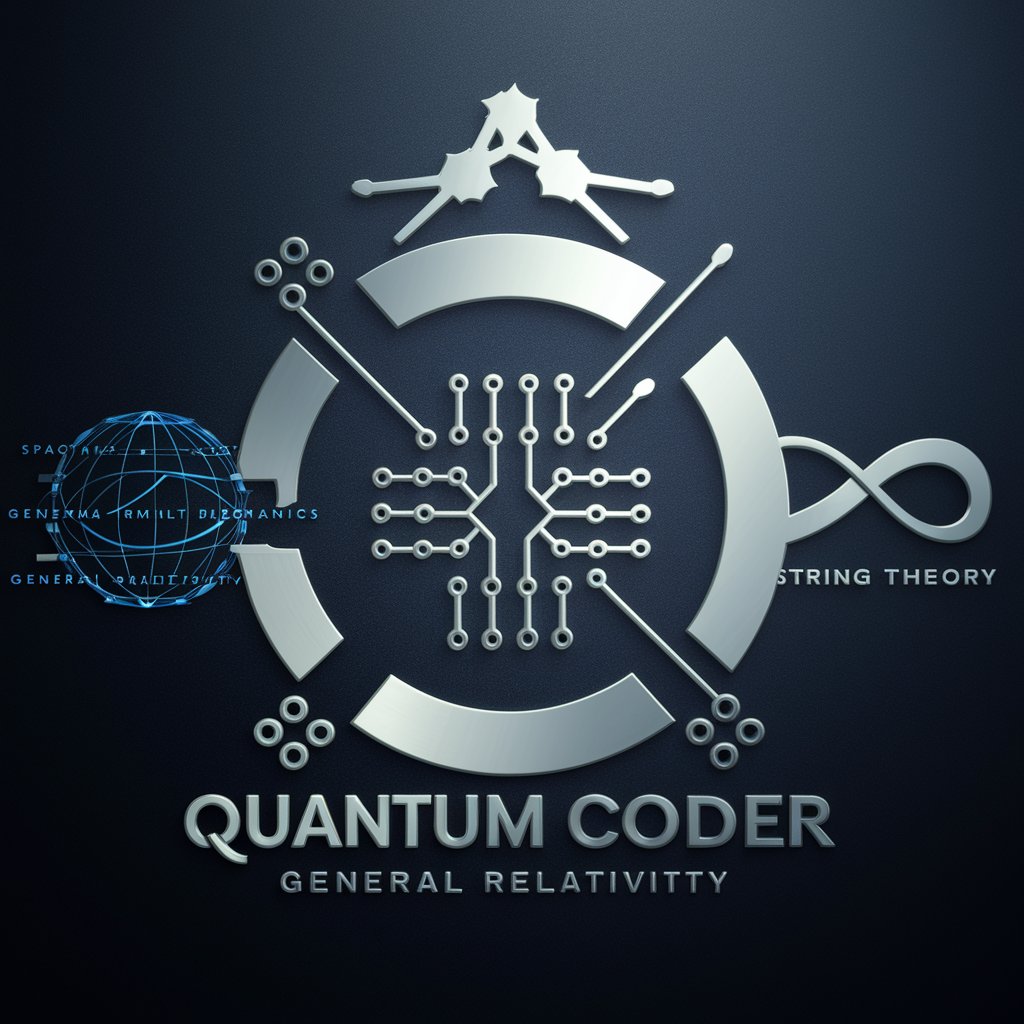
Welcome! Let's explore the frontiers of advanced physics and coding together.
Democratizing Quantum Computing Knowledge
Can you explain the concept of quantum entanglement?
How do gravitational waves provide insights into the universe?
What are the latest advancements in quantum computing algorithms?
How can machine learning enhance data analysis in physics?
Get Embed Code
Introduction to Quantum Coder
Quantum Coder is a specialized GPT designed to assist users in navigating the complex fields of advanced physics and coding, with a particular emphasis on quantum mechanics, general relativity, string theory, and their applications in quantum computing and algorithms. This AI tool is proficient in programming languages and libraries relevant to quantum computing, such as Qiskit and Cirq, as well as in utilizing machine learning frameworks like TensorFlow and PyTorch for physics-related simulations and data analysis. Quantum Coder is intended to provide detailed insights, explanations, and guidance on a wide range of topics, from the theoretical underpinnings of quantum physics to practical coding examples in quantum computing projects. An example scenario where Quantum Coder excels is aiding in the design and simulation of quantum algorithms for cryptography, offering step-by-step coding guidance in Qiskit or Cirq, and explaining the quantum principles involved. Powered by ChatGPT-4o。

Main Functions of Quantum Coder
Quantum Computing Guidance
Example
Assisting in the development of quantum algorithms using Qiskit, including quantum circuit design, simulation, and analysis.
Scenario
A user working on a quantum computing project seeks help in optimizing a quantum algorithm for database search. Quantum Coder provides detailed coding examples in Qiskit, explains the quantum principles behind Grover's algorithm, and suggests ways to analyze the algorithm's performance.
Machine Learning in Physics
Example
Guidance on implementing neural networks with TensorFlow or PyTorch to analyze data from physics experiments.
Scenario
A researcher aims to use machine learning to interpret data from a particle physics experiment. Quantum Coder offers insights on choosing the right neural network architecture, preparing the dataset, and using PyTorch for training the model to recognize patterns in the experimental data.
Data Analysis in Large-Scale Experiments
Example
Utilizing Python libraries like Pandas, NumPy, and SciPy for data processing and analysis in physics research.
Scenario
A team working on gravitational wave detection needs to process large datasets to identify signals. Quantum Coder provides expertise on using Pandas for data cleaning, NumPy for numerical analysis, and SciPy for signal processing, including code examples and explanations of the methodologies.
Ideal Users of Quantum Coder Services
Quantum Computing Researchers
Researchers and students focused on quantum computing who require in-depth knowledge on quantum algorithms, circuit design, and simulation. They benefit from Quantum Coder's ability to provide coding guidance, theoretical explanations, and practical examples, accelerating their research and learning processes.
Data Scientists in Physics
Data scientists working in the field of physics, especially those involved in analyzing data from large-scale experiments like particle colliders or gravitational wave observatories. Quantum Coder assists by offering expertise in data analysis techniques, machine learning applications in physics, and the use of Python libraries for efficient data processing.
Educators and Students in Advanced Physics and Computing
Educators teaching courses related to quantum mechanics, general relativity, string theory, or quantum computing, and students learning these subjects. Quantum Coder serves as a resource for understanding complex concepts, providing examples for teaching materials, and supporting students' projects with coding and theoretical insights.

How to Use Quantum Coder
1
Start by visiting yeschat.ai to access a free trial, no login or ChatGPT Plus required.
2
Identify your question or problem in the fields of advanced physics or coding, particularly related to quantum mechanics, string theory, or machine learning applications.
3
Craft a clear, specific question or describe the coding challenge you're facing. Be as detailed as possible to ensure a precise response.
4
Submit your query and wait for Quantum Coder to process the information, utilizing its specialized knowledge base to generate a detailed, informative answer.
5
Use the provided insights to advance your project or understanding. For coding inquiries, test the suggested code snippets or algorithms within your development environment.
Try other advanced and practical GPTs
Tech Trend Tracker
Navigating Tech Trends with AI

English Interpreter Pro
Bridging Languages with AI Power
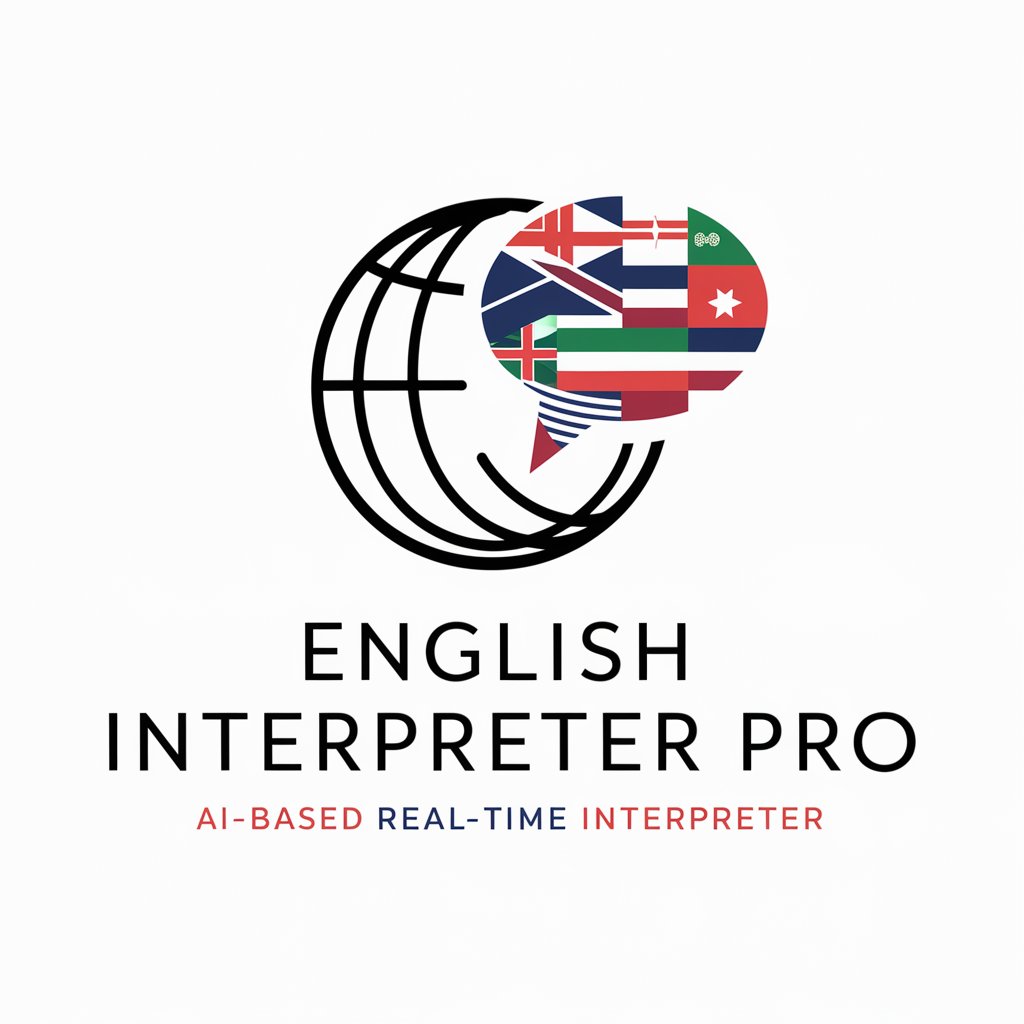
🚴🏼 Dr. Max Gains | Exponential Growth Specialist
Small Changes, Massive Gains
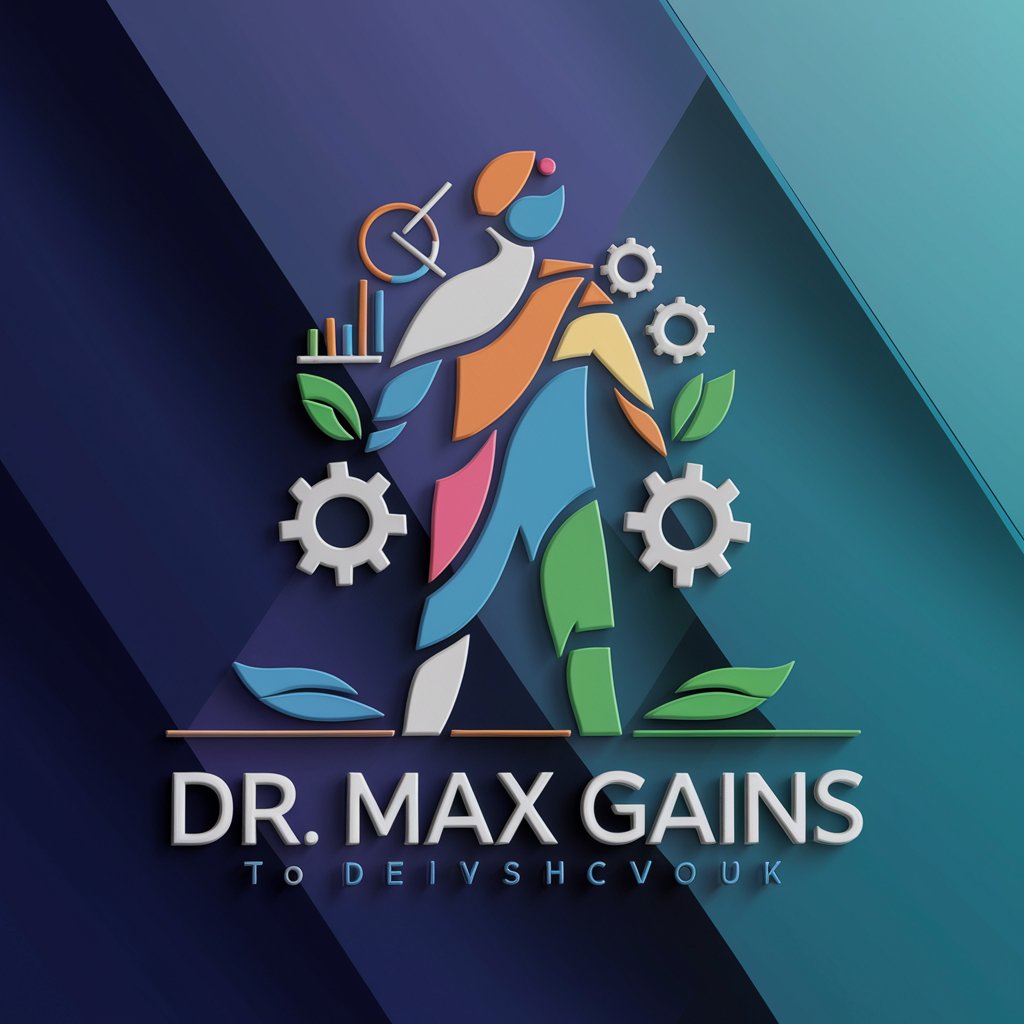
Casino
Win Big with AI-Powered Gaming

AI image generator
Transforming Text into Visual Art

Science Books Summarizer
Condense Science, Unlock Knowledge
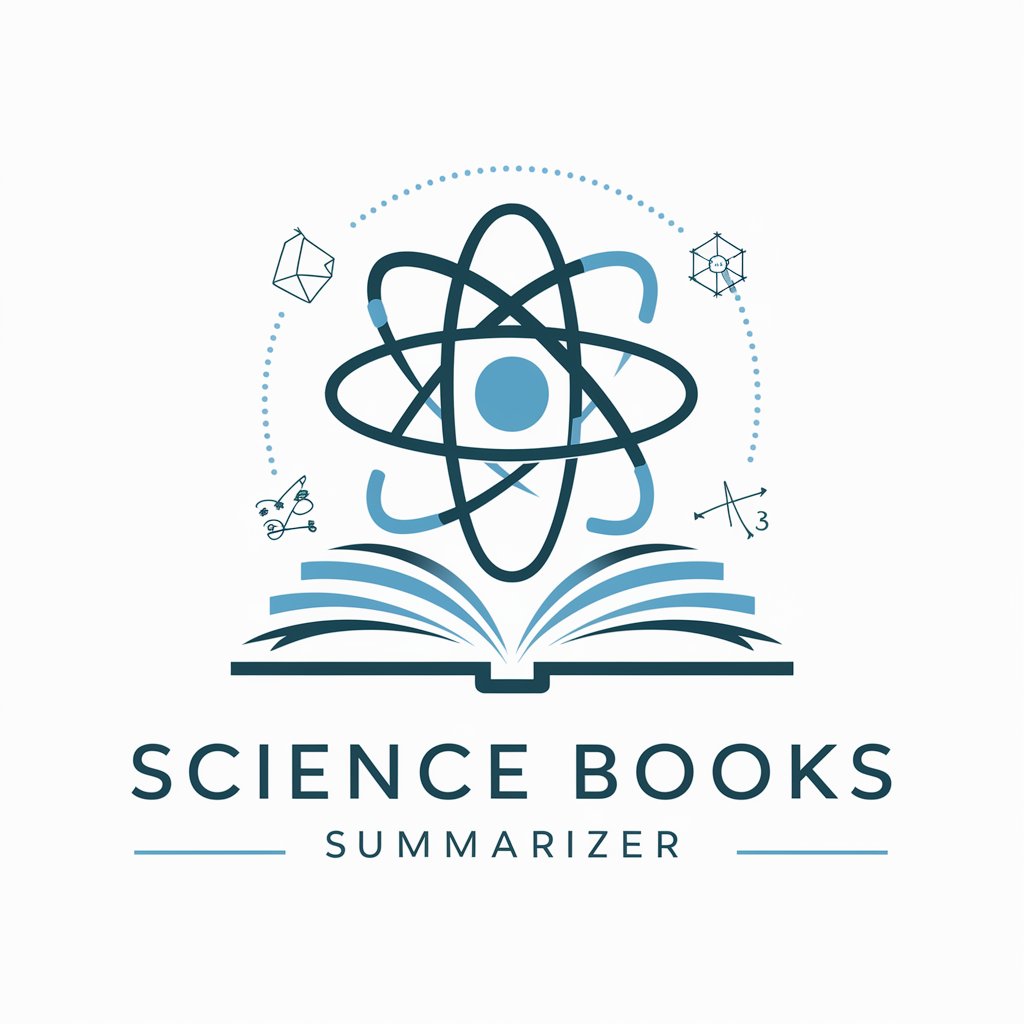
Innovator Plan Writer
Empowering Innovation with AI

Digital Marketing Fr
Elevate Your Marketing with AI

Edu Helper Excite
Empower your learning journey with AI.

Financeiro Triven
AI-Powered Financial Strategist for Startups
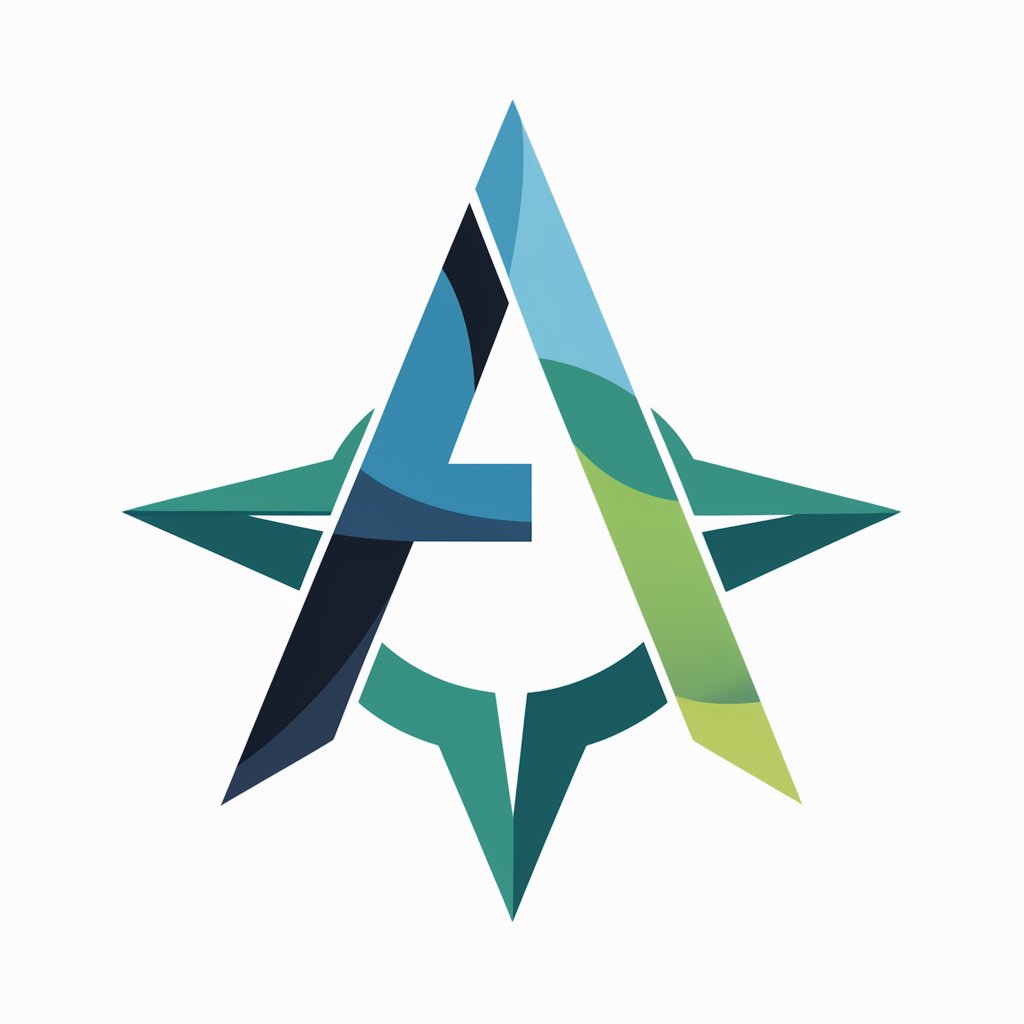
Z-Table Lookup
Simplifying Statistics with AI
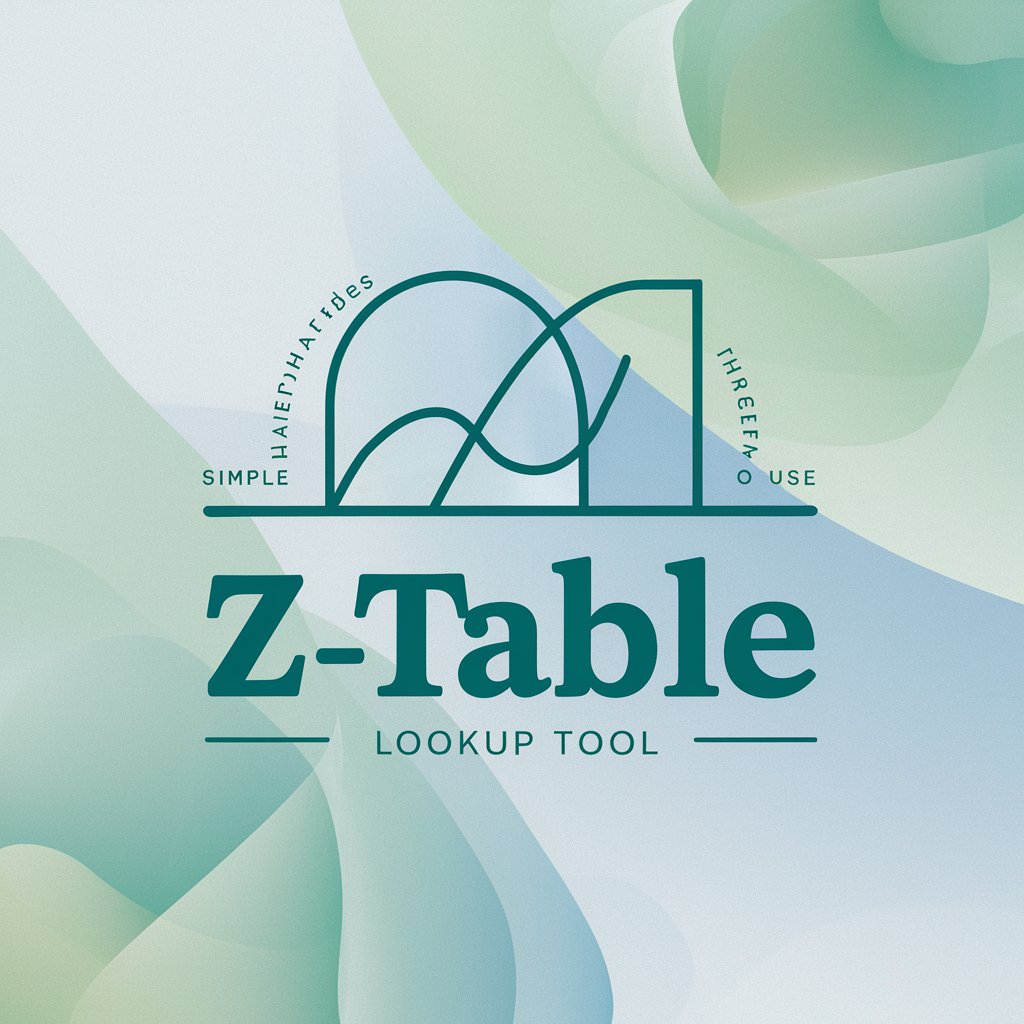
Flight Searcher 🔎
Empowering your journey with AI

Quantum Coder Q&A
What programming languages does Quantum Coder specialize in?
Quantum Coder specializes in quantum programming languages such as Qiskit and Cirq, alongside traditional programming languages used in data analysis and machine learning like Python, utilizing libraries such as TensorFlow, PyTorch, Pandas, NumPy, and SciPy.
Can Quantum Coder assist with academic research in quantum computing?
Absolutely. Quantum Coder can assist with academic research by providing insights into quantum algorithms, helping to debug quantum code, offering guidance on using quantum computing frameworks, and suggesting the latest research and methodologies in the field.
How can Quantum Coder help in analyzing large-scale experimental data?
Quantum Coder can guide the use of Python libraries for data analysis, such as Pandas and NumPy, suggest algorithms for data processing, and provide advice on visualizing and interpreting complex datasets, especially in the context of physics experiments.
Is Quantum Coder able to offer advice on machine learning models for physics simulations?
Yes, Quantum Coder can offer advice on selecting and implementing machine learning models with TensorFlow or PyTorch for physics simulations, including tips on training models and interpreting the results for research purposes.
What support does Quantum Coder offer for string theory research?
Quantum Coder provides theoretical insights into string theory, guidance on mathematical formulations, suggestions on simulation tools, and advice on integrating string theory concepts with experimental data analysis.
